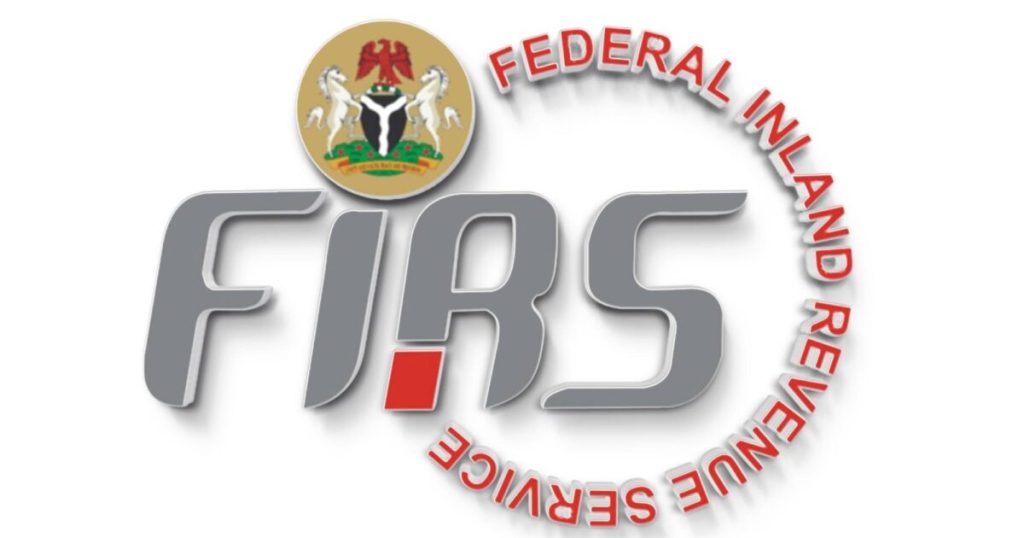Paragraph 1: Introduction to E-Invoicing and its Potential Benefits
The Federal Internal Revenue Service (FIRS) of Nigeria has announced that the adoption of e-invoicing holds the potential to significantly improve access to credit for manufacturers across the country. This revelation came during a stakeholder engagement session held in Lagos, where the FIRS gathered input from manufacturers ahead of the official launch of Nigeria’s National E-Invoicing System, scheduled for July 25th. E-invoicing, the electronic exchange of invoice information between suppliers and buyers, is poised to revolutionize business transactions, offering a range of benefits that extend beyond mere tax compliance to encompass improved financial management, enhanced transparency, and increased access to crucial funding.
Paragraph 2: The Role of E-Invoicing in Facilitating Access to Credit
The FIRS emphasized the critical role of invoices in business transactions, particularly in their capacity to facilitate access to credit. Mr. Sadiq Arogundade, the lead consultant on the e-invoicing project, highlighted the importance of credit in today’s challenging global economic climate, noting that it is essential for businesses to thrive and expand. E-invoicing, he explained, paves the way for a "credit economy" by providing businesses with verifiable and trusted invoices that can be readily used as collateral for securing financing. The FIRS-backed integrity of these electronic invoices instills confidence in lenders, making it easier for businesses to access the funds they need. This streamlined process eliminates the need for businesses to pre-fund all transactions, allowing them to leverage external capital to fuel growth and operations.
Paragraph 3: E-Invoicing: Building Trust, Ensuring Value, and Fostering Global Competitiveness
Beyond its financial implications, e-invoicing represents a significant step towards enhanced transparency and trust in business dealings. By standardizing the invoicing process, it reduces the likelihood of errors, disputes, and delayed payments. The system utilizes the Universal Business Language (UBL) format, ensuring compatibility for both domestic and international transactions. This standardization promotes global competitiveness for Nigerian businesses, enabling seamless integration with international trade partners. Furthermore, the system fosters trust between businesses and financial institutions by providing a secure and verifiable record of transactions. This increased transparency strengthens the foundation for a more robust and efficient business environment.
Paragraph 4: Addressing Challenges and Enhancing Tax Administration
The implementation of e-invoicing aims to resolve persistent challenges in the current invoicing landscape, such as payment delays, errors, and compliance issues. The automated nature of the system significantly reduces the potential for human error, ensuring accuracy and efficiency. Moreover, it streamlines tax compliance procedures, making it easier for businesses to fulfill their tax obligations. This increased efficiency benefits both businesses and the FIRS, allowing for a more streamlined and transparent tax administration process. The system provides real-time data on tax compliance, enabling the FIRS to make more informed decisions and improve its overall effectiveness.
Paragraph 5: Data Confidentiality and Security Assurances
Addressing concerns about data security and privacy, Mr. Mike Adoga, the Acting Director of Tax Automation at FIRS, assured manufacturers that data confidentiality is a top priority. The FIRS adheres strictly to the Nigeria Data Protection Act and has implemented robust measures to safeguard all data shared for tax purposes. This commitment to data security aims to alleviate any concerns businesses may have about sharing sensitive financial information within the e-invoicing system. The FIRS emphasizes that data provided for tax purposes will be treated with utmost confidentiality and used solely for legitimate tax administration functions.
Paragraph 6: Conclusion: E-Invoicing as a Catalyst for Economic Growth
The introduction of the National E-Invoicing System represents a significant stride towards modernizing Nigeria’s tax administration and fostering a more conducive business environment. By streamlining processes, enhancing transparency, and facilitating access to credit, e-invoicing is poised to stimulate economic growth and empower businesses, particularly in the manufacturing sector. The system promises to create a more efficient, transparent, and globally competitive marketplace, ultimately benefiting businesses, financial institutions, and the Nigerian economy as a whole. The FIRS’s commitment to data security and stakeholder engagement further reinforces the potential of e-invoicing to transform business practices and drive economic progress.


